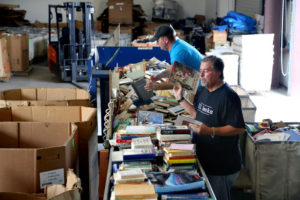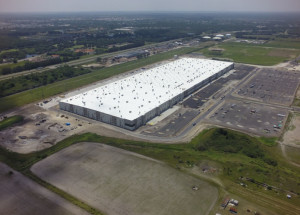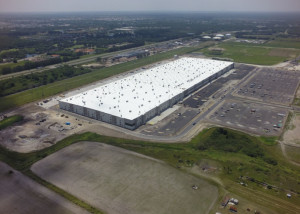![Renderings show the improvements coming to St. Joseph's Hospital in Tampa. The hospital, part of the BayCare system, is planning a $126 million, six-story tower that will add 30 private rooms on each level. It's just a slice of the massive investments currently in the works as local hospitals work to keep up with demands from growing population, advances in technology and changing patient preferences. [Courtesy of BayCare]](https://www.tampabay.com/storyimage/HI/20180629/ARTICLE/306299968/AR/0/AR-306299968.jpg?MaxW=950&cachebuster=704530)
By Justine Griffin for the Tampa Bay Times
Tampa Bay residents have more say than ever in how they go to the doctor.
Patients can chat with a physician from their phones, or from a computer screen at a grocery or drug store kiosk. Urgent care clinics and freestanding emergency rooms are proliferating across the region. And many hospitals are undergoing multi-million dollar upgrades, with amenities like private rooms, to accommodate a rising tide of patients.
The future will bring even more convenience, according to CEOs of the Tampa Bay area’s largest health care organizations.
In recent interviews, they described a health care landscape that is changing rapidly to keep up with population growth, new technology, changing patient preferences and government rules designed to keep people out of the hospital. More than one likened their new, evolving approach to the way companies like Apple and Amazon have changed the retailing world.
Hospitals and their offshoots will be more “consumer centric,” they said.
“Retail ready” is how Tampa General Hospital CEO John Couris described it, using Apple as the model.
“Their stores are cool, we like going online through their products,” he said. “There might be phones out there that can do more stuff than the iPhone, but we pay Apple because their network is reliable. It’s a real relationship, and that’s something we’re trying to create in health care now.”
The key will be adjusting as customer expectations change, said Tommy Inzina, CEO of BayCare, which operates 15 hospitals in Tampa Bay and surrounding areas.
An example: “Years ago, it was very common for a patient to have a roommate,” he said. “With patients paying more money out of their own pockets for health care now, they don’t want a roommate anymore.”
What makes Tampa Bay and Florida unique in some ways is that the population is still growing. That’s the main driver of new construction and renovations, which nearly all of the major hospital systems in Tampa Bay are investing in right now, said Jay Wolfson, a professor with USF Health.
A particular focus will be on “the Medicare, commercially insured and cash-paying parts of that market,” he said. “For patients, it should mean more access and choice. And while the physical brick-and-mortar acquisitions and expansions under brand names continues, each of the corporate health care powerhouses in our community are very busy developing virtual care systems and will expand dramatically in the years ahead to include home-based care management and marketing so that ‘visits’ to the doctor or hospital will be less necessary.”
Like retailers, they’re learning that convenience is key.


